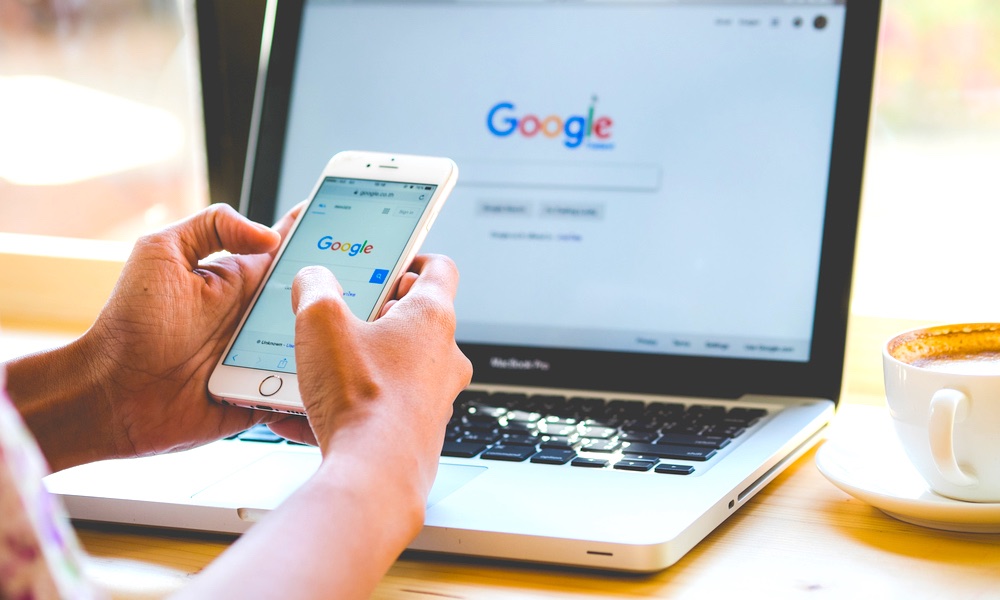Google Reveals Why It Was Secretly Gathering ‘Millions’ of U.S. Patient Health Records
 Credit: PK Studio / Shutterstock
Credit: PK Studio / Shutterstock
Toggle Dark Mode
Google has been secretly gathering patient health data across the U.S. On Tuesday, the tech giant officially revealed why.
The Mountain View-based firm was reportedly gathering “millions” of patent records in 21 states on behalf of a third-party healthcare provider, The Wall Street Journal reported. The New York Times also corroborated the report.
That data included “lab results, doctor diagnoses and hospitalization records, among other categories, and amounts to a complete health history.”
As many as 150 Google employees reportedly had access to the health records, which were apparently gathered without the knowledge of the doctors or patients involved.
Google, for its part, called the data gathering standard practice. That’s because the tech company had apparently partnered with a healthcare provider called Ascension. Part of that agreement included sharing highly confidential health data with Google so that it could build tools for the provider.
According to the WSJ, Google is using patient records to design systems that use AI and machine learning to tailor care to each individual patient.
In a press release, Ascension said that the goal of the partnership with Google was to “optimize the health and wellness of individuals and communities” through a portfolio of digital capabilities. It also said that any data access was secure and HIPAA compliant.
Google also tried to clear things up with its own press release, revealing that the project is named Nightingale and ensuring users that none of the data would be used for “any other purpose than for providing these services we’re offering under the agreement.”
This isn’t the first time that Google has been in the spotlight for inappropriate access to health records. Back in 2017, the tech firm was sued due to its access to thousands of health records from the University of Chicago Medical Center.
Like the Ascension partnership, that deal was penned to facilitate the development of machine learning tools — including systems that could “anticipate the needs of the patents before they arise.”
Google has been keenly interested in healthcare for a while, making moves such as absorbing an AI healthcare division to create a digital assistant for doctors and nurses. It also recently acquired fitness tracker manufacturer Fitbit, presumably as a way to move into the health hardware space.






